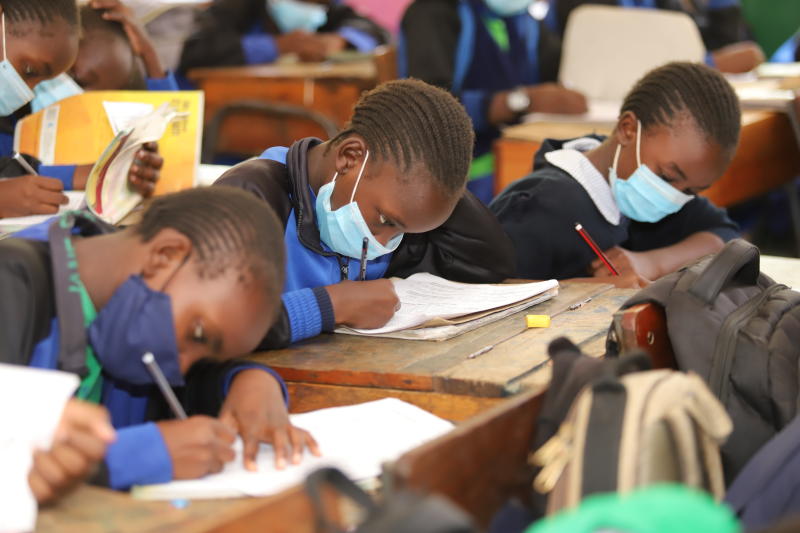×
The Standard e-Paper
Join Thousands Daily

Parents have raised concern over some of the items needed by teachers to administer Grade Four school-based tests which enter the second week today.
This even as Kenya National Examination Council (Knec) urged teachers to use readily available material for the assessments.